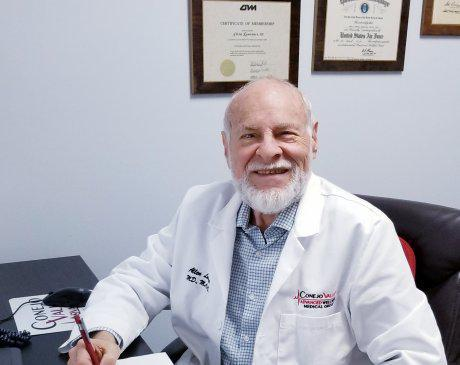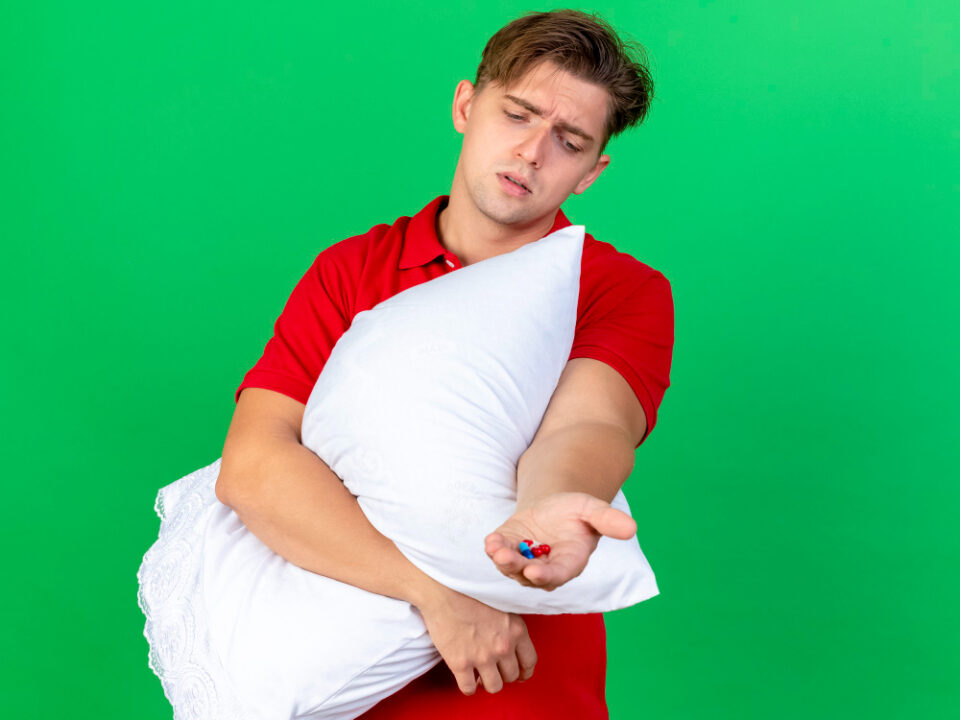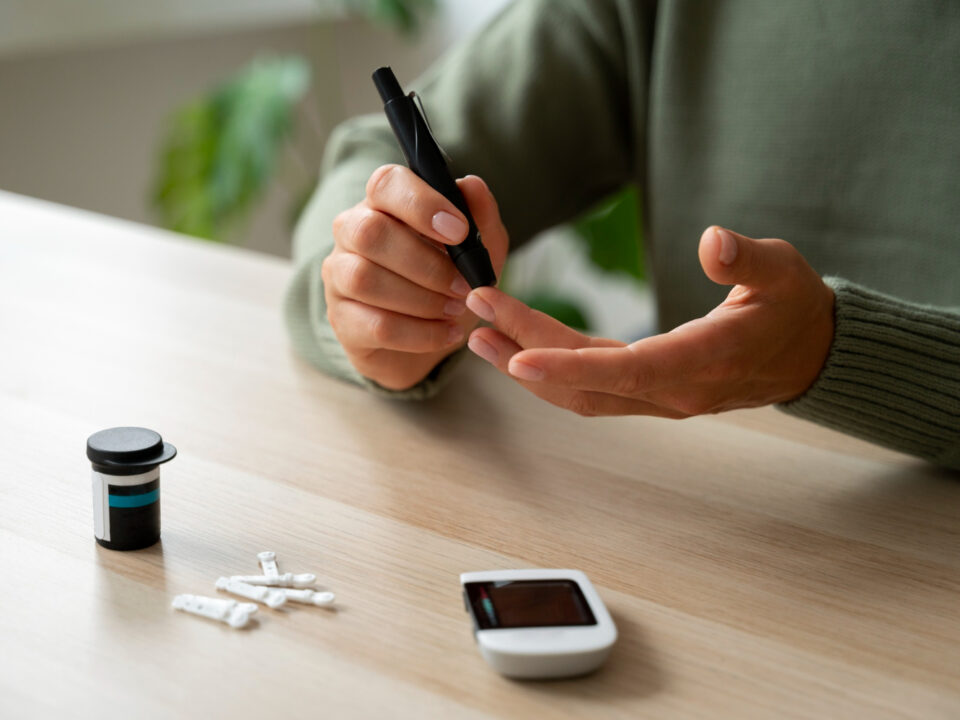- 21103 Vanowen St Woodland Hills, CA 91303 | Call us today!
- 310-879-9266
Understanding Testosterone and Erectile Function and Dysfunction (Part 2)

Testosterone, the key male sex hormone, is a fundamental component of male sexual health. It plays a vital role in regulating libido (sexual desire) and erectile function. When testosterone levels dip below normal, it can lead to a host of issues, including decreased libido and erectile dysfunction (ED). These problems not only affect a man’s physical health but also his emotional well-being and intimate relationships with girlfriend, boyfriend partner or spouse. This can, if nor dealt with and corrected lead to frustration, anger, unhappiness, separation even alienation and/or divorcee. Lots of unhappy problems.
This is the second part of the article Understanding Testosterone and Erectile Function and Dysfunction. If you have not read Part 1, I suggest that you do read it, for a complete understanding of this topic.
Psychological , Emotional, Educational Counseling:
- Therapy: Counseling or therapy with a psychologist or psychiatrist can help address psychological causes of ED, such as stress, anxiety, depression, or relationship issues.
- Cognitive Behavioral Therapy (CBT): CBT for erectile dysfunction is a structured, time-limited psychotherapy that focuses on identifying and changing negative thought patterns and behaviors that contribute to ED, aiming to improve sexual function and reduce anxiety.
- Cognitive Behavioral Training (CBTr): CBTr for erectile dysfunction is a therapeutic approach that combines cognitive restructuring with behavioral exercises, education and training on what and how to help the individuals develop and begin to use healthier thought patterns and coping strategies to improve sexual performance and reduce sexual and other stress.
- Couples and/or Sex Therapy: Working with a therapist specializing in sexual health can help address performance anxiety and other sexual concerns.
- Benefits: Addressing underlying psychological issues, unresolved conflicts, and improving communication between partners can enhance sexual desire and relationship satisfaction. Therapy, CBT and CBTr can help manage stress, anxiety, and depression and allow the individual or couple to function better.
- Risks: The main risk is the time commitment and the need for a supportive environment. Some men may initially feel uncomfortable discussing intimate issues, dealing with their emotions or problem solving.
Vacuum Erection Devices (VEDs):
- This is a mechanical device that acts to create a vacuum around the penis, this promotes drawing blood into the corpora cavernosa in order to induce an erection. A constriction ring is then applied at the base of the penis to maintain the erection.
- Benefits: These non-invasive devices create an erection by drawing blood into the penis using suction. They can be effective for men who either cannot take oral medications or get optimal results with other alternative methods.
- Risks: Possible side effects include bruising and discomfort. It may take practice to use the device effectively. It may for some individuals feel to mechanical and reduce or eliminate spontaneity.
Penile Injections and Intraurethral Suppositories:
- Medications:
- Alprostadil (Caverject, Edex), Papaverine, and Phentolamine can be injected directly into the penis to induce an erection. These medications work by relaxing blood vessels and increasing blood flow to the penis.
- Alprostadil can also be administered as a suppository placed into the urethra (MUSE – Medicated Urethral System for Erection). It is inserted into the urethra to stimulate blood flow and achieve an erection.
- Benefits: Alprostadil injections or suppositories can directly induce an erection. They can be a good option for men who do not respond to oral medications.
- Risks: Pain at the injection site, risk of prolonged erection (priapism), and urethral irritation and discomfort are the potential side effects of the urethral suppository. Proper training is required to administer these treatments safely.
- Medications:
Penile Implants:
- Penile implants for erectile dysfunction (ED) are surgically placed devices within the penis that allow men to achieve an erection; they come in two main types:
- Inflatable implants, which can be pumped to create an erection and deflated afterward, and
- Malleable (or semi-rigid) rods, which can be manually adjusted into position for intercourse.
- Benefits: Surgical implants provide a permanent solution for severe ED. They have high satisfaction rates among men and their partners.
- Risks: Surgical risks include infection and device malfunction. Recovery time is required post-surgery.
- Penile implants for erectile dysfunction (ED) are surgically placed devices within the penis that allow men to achieve an erection; they come in two main types:
Vascular Surgery:
- In rare cases, surgery can be performed to repair blood vessel blockages or leaks that cause ED.
Non-Testosterone Alternative Methods for Treating ED
There are several non-testosterone alternative methods for treating erectile dysfunction (ED), depending on the underlying cause of the condition. Here are some common options:
- Acupuncture: Some men find improvement in ED symptoms with acupuncture, though scientific evidence is limited.
- Herbal Supplements: Supplements like Ginseng (Panax ginseng, particularly Korean red ginseng), Maca (Lepidium meyenii), Yohimbe (Pausinystalia yohimbe), Horny Goat Weed (Epimedium), Ginkgo Biloba, Tribulus Terrestris, L-Arginine (an amino acid, sometimes categorized with herbal supplements due to its natural occurrence in plants), Ashwagandha (Withania somnifera), Fenugreek (Trigonella foenum-graecum), Saw Palmetto (Serenoa repens), Muira Puama (Ptychopetalum olacoides), Damiana (Turnera diffusa), Tongkat Ali (Eurycoma longifolia) have been used, however, their effectiveness and safety are not well-established and should be approached with caution. I suggest if you would want to choose to use herbal supplements, consult a skilled herbalist or naturopath. Do not use them without help, especially if you take any other medications.
- Vitamins and Minerals:
- Vitamins:
- Vitamin D: Low levels of vitamin D have been linked to ED. Supplementation may help improve erectile function in men with a deficiency.
- Vitamin B3 (Niacin): Niacin can help improve blood flow and reduce inflammation, which may benefit men with ED, especially those with high cholesterol.
- Vitamin B9 (Folic Acid): Folic acid is involved in nitric oxide metabolism, which is crucial for erectile function. Some studies suggest that folic acid supplementation may improve ED.
- Vitamin C: Vitamin C is an antioxidant that can help improve blood flow and nitric oxide production, potentially benefitting erectile function.
- Minerals:
- Zinc: Zinc is important for testosterone production and overall sexual health. Low levels of zinc have been associated with ED, and supplementation may help in cases of deficiency.
- Magnesium: Magnesium plays a role in cardiovascular health and blood flow. Some research suggests that magnesium deficiency may be linked to ED.
- Selenium: Selenium is an antioxidant that supports overall health, including reproductive health. Some studies suggest it may benefit men with ED.
- All of these vitamins and minerals are easily available over the counter. Use them at recommended dosages.
- Vitamins:
- Pelvic Floor Exercises:
- Kegel Exercises: Strengthening the pelvic floor muscles through Kegel exercises can improve erectile function in some men. Ask we can give you a handout for doing Kegel Exercises.
- Shockwave Therapy:
- Low-Intensity Extracorporeal Shockwave Therapy (LI-ESWT): This is a newer treatment that uses shockwaves to improve blood flow to the penis and is being studied for its effectiveness in treating ED.
It’s important for men experiencing ED and who wish to use TRT to consult a Hormone Replacement specialist. If you feel you have a more complicated problem, than a Urology or Neurology consult may be requires in order to determine the underlying cause or causes and obtain appropriate treatment. You should always consider a comprehensive approach one that addresses both physical and psychological factors, this more often yields the best results.
Decreased libido and erectile dysfunction are complex issues that can significantly impact a man’s life and his sexual and non-sexual relationships. Understanding the role of testosterone and the various factors contributing to this condition is crucial for effective management. A comprehensive approach, involving medical treatments, lifestyle changes, and psychological support, offers the best chance for restoring sexual function and improving quality of life.
Open communication between partners and healthcare providers is vital. By addressing these issues proactively and collaboratively, men and their partners can find solutions that enhance their sexual health and relationship satisfaction. It is essential to consult with healthcare providers to develop a personalized treatment plan that balances benefits and risks, ensuring the best possible outcomes.
This is a general overview of issues related to the problem of Erectile Dysfunction. In this article we review the Medical and Self-Treatments available and sometime used to help men with erectile problems. While this may seem like a complex field, and it is, it is also one that may be necessary for many men.
If you have an erectile problem review both Part 1 and 2, and see how you can affect positive change. If you are unable to resolve your problem than call us 310-879-9266 or see a competent medical doctor who specializes in either Urology, Endocrinology or Hormone Replacement Medicine and Erectile Dysfunction.

Article by Dr. Allen Lawrence, M.A., M.D., Ph.D.




